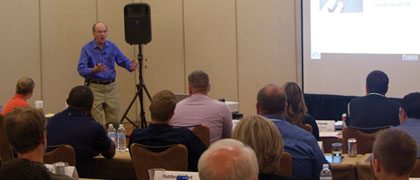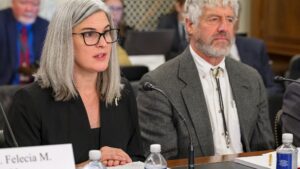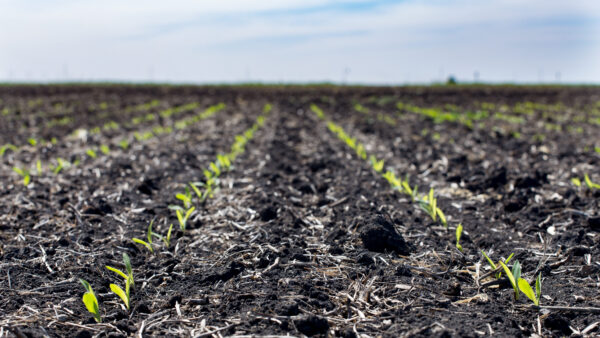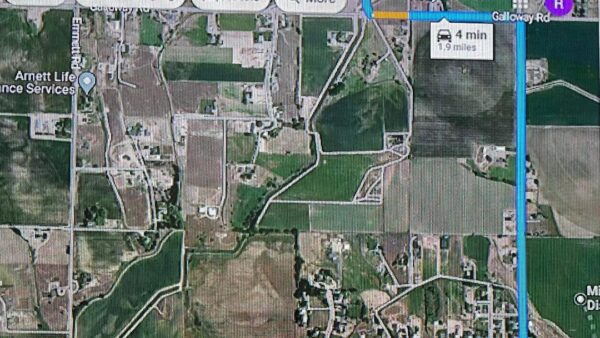The Seed Industry Is Young
The Seed Leadership Program aims to fast track your knowledge and understanding of the seed industry.
Henry Ford once said “anyone who stops learning is old, whether at 20 or 80. Anyone who keeps learning stays young.” With a sold out room of nearly 100 participants representing all sectors of the industry, seedsmen and women came together to learn new marketing concepts, get a better understanding of trends and the agricultural landscape, and improve their communication and leadership skills. By Ford’s definition, the seed industry is young.
Hosted by Purdue University’s Center for Food and Agricultural Business with the support of the American Seed Trade Association, participants heard from agribusiness professors about key areas that affect the seed industry, including agriculture’s current status, marketing and management, and leadership and communications. Here are the highlights.
“Anyone who stops learning is old, whether at 20 or 80. Anyone who keeps learning stays young.” – Henry Ford
Agriculture’s Landscape
“Generally, conditions are favorable for agriculture,” said Allan Gray, Land O’ Lakes chair in food and agribusiness and director of the Center for Food and Agricultural Business and the MS-MBA in Food and Agribusiness Management. “While price risk at the farm level is substantial, the U.S. remains a competitive power with leadership in economics due to our natural resources, the adoption and diffusion of technologies and our economies of scale. However, our growth trajectory is not linear and the weather, economy and policies will always impact agriculture.” Additionally, Gray said that consumers are demanding more than just taste from their food and that must be taken into consideration.
At the Seed Leadership Program, Purdue’s David Downey talks about how the the wealth effect changes farmers purchasing patterns.
Marketing and Management
When it comes to marketing, David Downey, founder and executive director of the Purdue Center for Food and Agricultural Business, says you must prioritize your customer base. “Marketing is anticipating the needs and wants of targeted customers and managing the process through which these needs and wants are satisfied,” Downey said.
Sales and marketing should be tightly woven together but are different. “Marketing is long-term and considers customers in groups, while sales is short-term and considers customers individually,” he said. “Marketing creates direction and support for sales, and sales implements marketing strategies. But sales must have input into marketing.”
Downey added that the future is bright for managers who are willing to adapt. “Seed companies who strive to understand that their marketplace and their customers are changing extremely rapidly and who pro-actively adapt their strategies are in a strong position to grow and prosper,” he said.
Leadership
Rodney Vandeveer, a professor of organizational leadership and supervision at Purdue, took session participants through several scenarios to demonstrate the importance of communications and how it affects one’s ability to lead.
“Leadership is the art and science of getting the job done through the willingness of others,” Vandeveer said. “This means people are motivated and motivating people is not common sense. Leadership is the catalyst that transforms human potential into reality, yielding positive results.”
Vandeveer shared six traits of leadership: drive, the desire to lead, honesty and integrity, self confidence, cognitive ability and knowledge of the job.
Julie Deering













